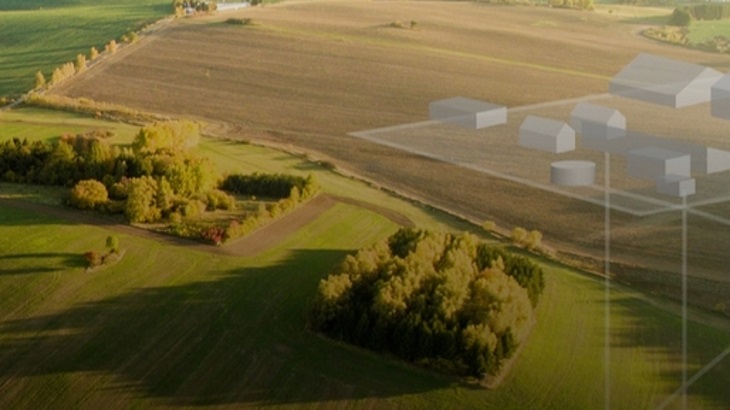In 2020, the Czech government published a list of four shortlisted possible sites - Hrádek and Horka, which are in the central region of the country; Březový potok, in the south west; and Janoch near the Temelín nuclear power plant - and outlined plans for the facility to be operational by 2065, but since then the EU's taxonomy rules were brought in, which includes a requirement that countries which wanted to classify nuclear energy as a sustainable investment needed to have a deep geological repository operational by 2050.
Revised plans were presented to the cabinet by Minister of Industry and Trade Josef Sikela setting out a timetable for choosing a final location for the repository by the end of the 2030s, with further geological tests to confirm the choice, followed by the application and obtaining of necessary permits around the late 2040s.
The plans backed by the cabinet on Wednesday included an undertaking that the final site would have to be approved by both chambers of the Czech Parliament, with a working group also established to ensure regular communication with the shortlisted areas.
Sikela said: "The deep repository project, like a safe radioactive waste management system, is an integral part of the operation of existing and planned nuclear sources. The Act on Management Related to Deep Repositories will expand the rights of municipalities as well as the deadlines for strengthening process quality control on their part. With the draft law, we will strengthen the legitimacy of choosing the location of a deep repository."
The package of measures agreed at the meeting also included a government resolution "obliging the Czech Republic to fulfill the technical criteria given by the EU Taxonomy for sustainable investments for the nuclear energy sector".
Sikela said: "In order to strengthen energy security and self-sufficiency by increasing the share of nuclear energy as part of decarbonisation, the Czech Republic will strive to continuously fulfill the criteria of the taxonomy for the construction of a deep repository in 2050, if they continue to apply after regular reviews by the European Commission. We are asking for the revision of the deadline so that the criteria are closer to the needs of the member states, including Czechia. We will continue to maintain our position towards the Commission, which is shared by several member countries such as the Netherlands, Poland and Slovakia, even within the framework of the regular review of the criteria."
The measures approved also included strengthening of the Radioactive Waste Repository Authority (SURAO), which would help to "speed up the process in accordance with the EU taxonomy". SURAO Director Lukas Vondrovic said applications would be submitted "in the coming weeks" relating to geological work as part of the process of selecting "the final and back-up site of the deep repository".
Used nuclear fuel is currently stored at the Temelín and Dukovany nuclear plants, which are both operated by state majority-owned utility ČEZ Group. The Czech Republic currently has six nuclear reactors generating about one-third of its electricity, but has plans for new reactors at both sites and for a roll-out of small modular reactors, initially at Temelin.





_23009.jpg)

_13505.jpg)
_87975.jpg)






